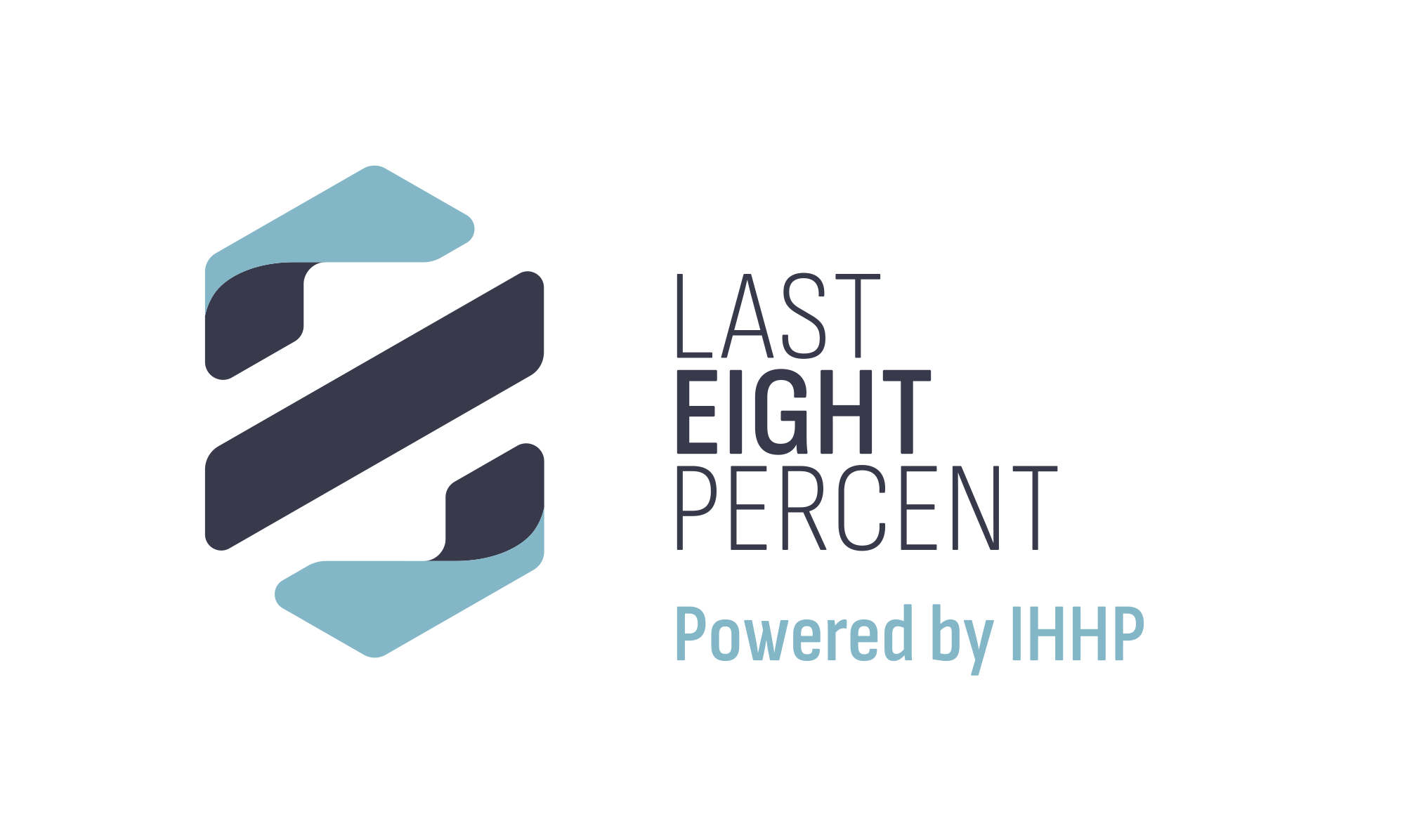When you think of the gig economy, what comes to mind? Ride-sharing? Grocery delivery? The truth is, gig or freelance workers can be a tremendous asset to any organization in any industry. The key is knowing how to manage the needs and impact of a new workforce.
Sectors like healthcare, finance, and technology are seeing a boost these days due to COVID-19 and are already relying more on temporary, remote work to meet demands. Taking a look at current job postings indicates organizations like Amazon, Slack, Babylon Health, Citi Group, and Ubisoft are turning to freelance workers for positions like front-end and software engineers, telehealth therapists, data analysts, and talent coordinators.
If equipped with the foundational skills of Emotional Intelligence, any organization can harness freelance talent in the post-pandemic workplace to enhance productivity, culture, and innovation.
What is the Gig Economy?
This segment of the workforce refers to freelance or independent workers, consumers, and the marketplace or platforms through which transactions are made. The gig economy really took off after the 2008 global recession. As full-time hiring stalled, many people had to rely on temporary contracts and self-employment.
What began as a stopgap solution for many, turned to a new way of life, one that provided more flexibility, autonomy, and variety. Today, the gig economy is not limited to Uber, AirBnB, and InstaCart. Knowledge-intensive roles like IT developers, engineering consultants, and project managers are increasingly independent workers.
So, as the world looks to prime itself for reopening, is the gig economy poised for a boom?
Freelancing and Gig Economy Work to Rise Again
History does tend to repeat itself. Just as organizations relied on freelance workers after the recession, it logically makes good business sense to do so once again.
Leah Solivan, the founder of TaskRabbit, says “the financial crisis turned our worlds upside down, massively shifted consumer and professional behaviors, and primed the population to seek new and innovative ways to do things…It was those conditions that made the first wave of the independent economy possible, and we’re seeing similar conditions today.”
Hayden Brown, the CEO of Upwork, shares the same outlook. “Companies are really evaluating their fixed cost structure that they have around full-time employees and the level of flexibility they have to spin teams up and down as business needs are changing.”
Not only are organizations looking to reduce costs and increase agility, individuals are now wanting flexible work more than ever.
Freelancer’s Matt Barrie believes COVID-19 has given people the opportunity to “finally start their own freelance enterprise, work on their own terms, and supplement their income.”
Emotional Intelligence in the New Normal
Research by LinkedIn shows 60% of executives are already preparing to invest more on learning and development to increase adaptability and capitalize on growth opportunities. Should we see a shift in the workplace towards more freelancers, Emotional Intelligence will be the most valuable and versatile tool for organizations.
Here are three EI competencies organizations should invest in for the new normal:
Collaboration
Why: With constantly revolving teams, effective collaboration may seem impossible to coordinate and manage. People joining an organization on a short-term basis have less time to become acquainted with their colleagues and understand crucial team dynamics, which can stunt efficiency and innovation.
How: It certainly pays for freelancers to be able to demonstrate they can collaborate and remain agile irrespective of the circumstances, but the onus to develop collaboration skills should not lie solely with the individual. Organizations must invest in instilling skills like relationship-building, delegating, and decision-making across the board .
This is where Human Resources can play a role, by:
- emphasizing collaboration during the onboarding process by training freelancers on key processes, tools, and norms
- ensuring there is a shared language to address conflicts and prevent miscommunication, and
- providing continuous skill development and team-building opportunities.
In doing so, people will have the skills and training to be able to jump into projects with different teams, quickly get aligned on objectives, and work efficiently to produce synergies.
Empathy
Why: Whenever new members join a team, there is bound to be a learning curve and some disruption. In order for an organization to remain productive, existing and new team members must feel safe to ask questions, share ideas, and give feedback. An environment of psychological safety cannot however be created without understanding and valuing the emotions of others.
How: The key to embedding empathy in the culture is to start from the top. Leaders must have the willingness and skills to emotionally connect with employees. In particular, team managers need to be able to practice active listening, intentional curiosity, and suspension of judgement if they want to foster supportive relationships. By role modelling and then formally training for these behaviors, it is more likely for empathy to be embraced as a shared value across the organization.
Empathy is widely believed to spark innovation, but before applying it to customer solutions, it is important for employees to be empathetic towards each other. A committed and systematic effort from leadership can set the tone for more engaging daily interactions and promote more creativity and risk-taking among teams.
Coaching and Mentoring
Why: It is quite common for freelance workers to feel like outsiders in an organization. If a growing subset of employees feel alienated, overall team cohesion and engagement will decline. It is worthwhile for the organization to focus on mentoring and personal growth as tactics to re-engage disconnected employees. This would be particularly attractive to freelance employees as they can diversify their portfolios.
How: Building a learning culture that attracts, retains, and motivates talent requires everyone to have a growth mindset and the ability to have open, constructive conversations. This means skills like listening, setting goals, building rapport, and providing honest feedback need to be developed across the organization. In addition to reinforcing these skills as part of performance management, Human Resources can allow space for freelance employees to participate in training programs, cross-functional knowledge-sharing, and networking.
Not only does an environment based on coaching and mentoring energize and retain talent, it can unlock potential for more imaginative solutions – this is the key to thriving in the face of adversity.
Preparing Now for the Future of Work
As we re-emerge from this pandemic, it is entirely possible we will see a new phase of the gig economy. Once again, freelance workers may be the key to scaling up, remaining agile, and innovating. It is therefore essential that organizations prepare for this changing workplace. By investing in Emotional Intelligence, organizations will have the foundational skills they need to be resilient in the face of challenges and uncertainty.
Want to learn how your organization can prepare for the future of work? Download our 2020 Emotional Intelligence playbook.

